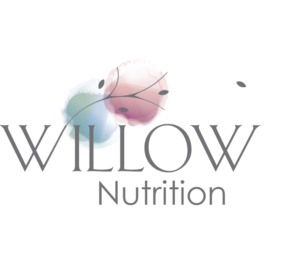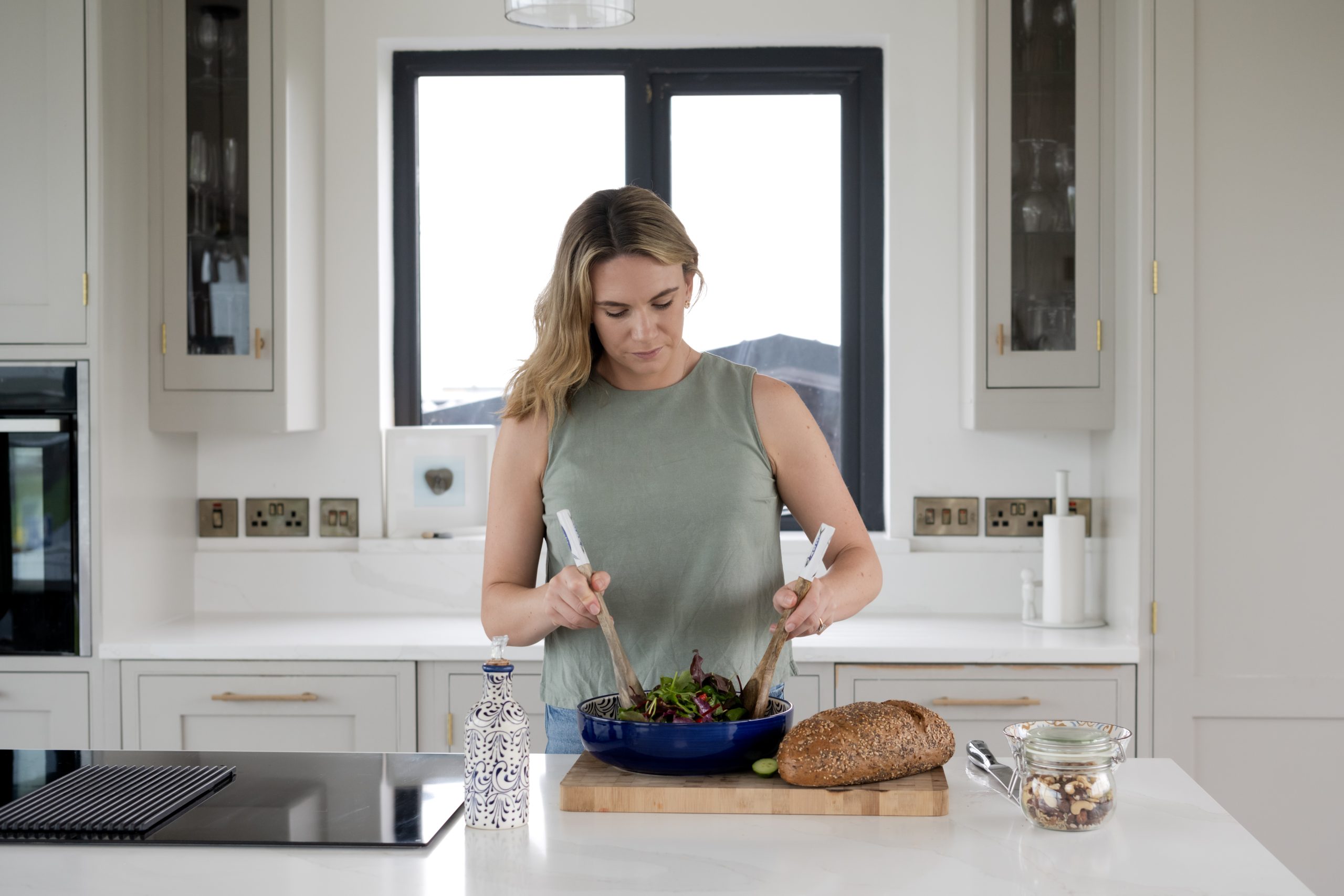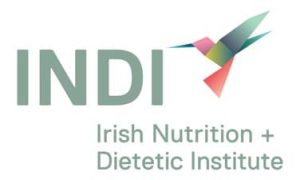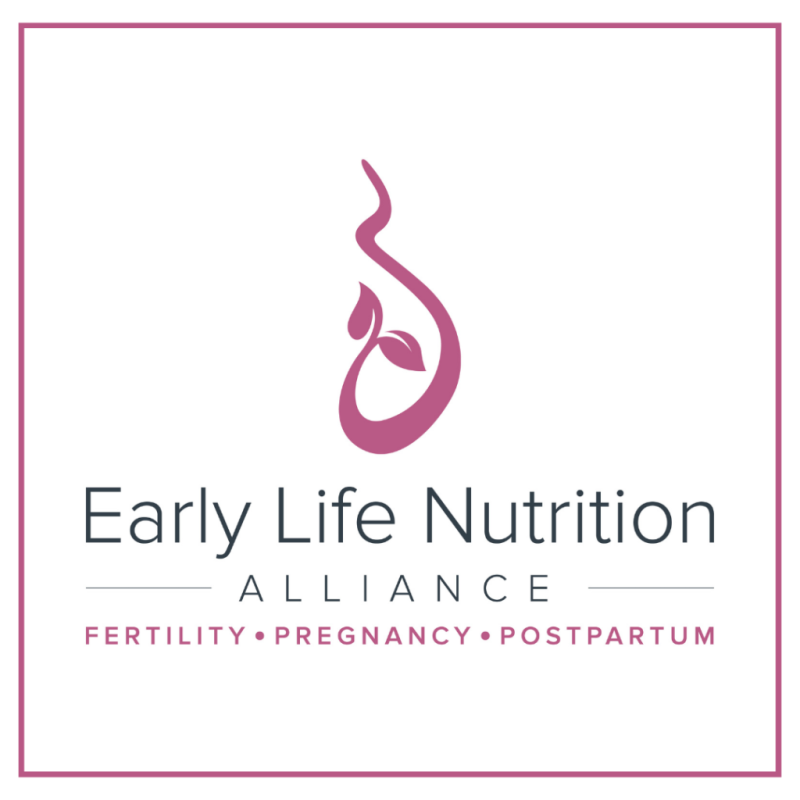Do you have or know someone who has been diagnosed with PCOS?
If so you will likely know about those dreaded PCOS cravings! Cravings that are simply too hard to ‘control’ or ‘silence’. Let’s dive into why these pesky cravings crop up and what we can do to try and manage them.
Firstly What is PCOS?
Polycystic Ovarian Syndrome (PCOS) is often a misunderstood and sometimes misdiagnosed syndrome which can leave people feeling lost, confused and anxious.
The exact cause is unknown, but it is thought to be a complex genetic trait with >70% heritability (1). Roughly 1 in every 10 of child bearing age are affected by PCOS worldwide.
There is no cure for PCOS but it can be managed with proper multidisciplinary support.
What’s The Deal With PCOS Cravings?
PCOS is associated with a pro chronic inflammatory state which is linked to an increased risk of cardiovascular disease, type 2 diabetes and Insulin Resistance (IR). Up to 95% of people with PCOS have IR (2) and presence of this is often accompanied by those intense carb cravings. Further more, inflammation occurring secondary to PCOS leads to oxidative stress in the ovaries. This can inhibit follicular maturation and disrupt ovulation. Inflammation can also interfere with endocrine (hormonal) pathways, disrupting appetite hormones such as leptin, which tells us when we are full up. This dysregulation can result in weight gain.
What Actually Are ‘Cravings’?
Cravings are the desire for a certain food or a certain taste or texture. Cravings are completely normal and it is okay to eat to satisfy your cravings. Most of the clients I work with who have PCOS complain of intense cravings, and as a PCOS lady, I myself have also experienced it too. These cravings were so intense, very frequent and would end up with me overeating and bingeing on foods such as biscuits, sweets, chocolate, bread and crisps. Once I started working with my body instead of against it to manage my PCOS as well as my mindset through intuitive eating was when I finally started to gain clarity and understand why my cravings were occurring as well as how to manage them in a sustainable way.
Important: IR can present in people with PCOS regardless of their weight and even if weight is lost, it does not necessarily mean the symptoms of PCOS will go away (3). Research carried out looking at lipid levels and blood pressure in people with PCOS found that these parameters increased also regardless of BMI (4). Therefore, it’s really important to focus on the quality of the diet and lifestyle factors as opposed to focusing on weight loss.
But it might not just be IR that is causing your cravings. Some other factors to consider are if you are following a restrictive diet or dieting mindset, is there emotional or stress eating occurring and are you getting adequate sleep?
Steps To Managing Cravings
1. Identify the root cause of the cravings occurring
Without knowing why the craving is occurring it can be more challenging to address it. As we know in the majority of people with PCOS there is a degree of insulin resistance present. This can often exacerbate the severity of cravings occuring. When cravings hit, ask yourself, when did I eat last? Was my last meal or snack balanced? (Read on for more). Am I feeling something else? Am I bored? Or am I craving X because I am restricting X. Knowing why these cravings are hitting will help you to manage them.
2. Balance your meals and eat regularly
Insulin resistance worsens when we are not adding the right type and amount of fuel throughout the day (despite what some might say). So when it comes to managing IR cravings firstly ensure that your main meals are balanced, consisting of colour, low glycaemic index/high fibre carbohydrates and protein. Now, not every single meal every single day needs to look like this but where you can plan your meals around this structure. If you get hungry between meals or have long gaps between meals (4+hrs), it can help to incorporate a snack with protein and fibre. Have you got your hands on the Willow Nutrition Fertility Recipe and Snack Guide yet? All recipes and snacks are suitable for those with PCOS too! Visit the Willow Nutrition Shop Now.
3. Prioritise sleep and stress management
PCOS has a variety of symptoms including sleeping disorders and fatigue so learning how to manage fatigue and getting a good night sleep can be an important part of your PCOS treatment. Making small adjustments to your diet and implementing simple lifestyle habits can help you feel revitalised, minimise any daytime slumps in energy and get good quality uninterrupted sleep, all of which can improve your quality of life.
4. Move your body
Movement is a really effective approach for managing many symptoms associated with PCOS. Particularly when it comes to managing insulin resistance and in turn cravings. When our bodies move, our muscles easily use glucose for energy. This is good because then our bodies don’t need to secrete extra insulin. The main thing when it comes to activity is to find something that you enjoy which is manageable to incorporate into your daily or weekly routine.
5. Do not restrict any foods
Being in a ‘dieting mindset’ where we are either restricting certain foods or calories or thinking that we should be can actually exacerbate cravings. If we are restricting food we are likely going to be hungrier as we essentially restrict essential calories. So we often see hunger and the mindset that we shouldn’t be eating ‘bad’ foods driving cravings
6. Build up your emotional toolbox
So now we know that we are applying all the essential lifestyle, nutrition, supplement and medical advice for supporting potential underlying IR and other associated hormonal imbalances alongside this and cravings are still happening, what next? Well are your cravings emotionally driven? Do you feel that you are an emotional eater? Most of us are to a certain extent, but many of us also find emotional eating very challenging to manage. If you feel that this is the case for you, it can be life changing to get some support from an intuitive eating counsellor and dietitian who is trained in supporting PCOS to help support you in getting to the bottom of what is causing cravings and how best to manage them in a tailored approach.
For more information on PCOS head over to our instagram, HERE
If you have symptoms associated with PCOS, please visit your GP. And if you need extra support in managing PCOS through an evidence based, non-judgemental and weight inclusive approach then get in touch via email to schedule a free discovery call where you can find out how we can help you do just that.
-
-
Vink JM, Sadrzadeh S, Lambalk CB, Boomsma DI. Heritability of polycystic ovary syndrome (PCOS) in a Dutch twin-family study. J Clin Endocrinol Metab. 2005;91:2100–2104
-
Barber TM, Dimitriadis GK, Andreou A, Franks S. Polycystic ovary syndrome: insight into pathogenesis and a common association with insulin resistance. Clin Med (Lond). 2016 Jun;16(3):262-6.
-
S.S. Lim, M.J. Davies, R.J. Norman, L.J. Moran, Overweight, obesity and central obesity in women with polycystic ovary syndrome: a systematic review and meta-analysis, Human Reproduction Update, Volume 18, Issue 6, November/December 2012, Pages 618–637.
-
Zhuang C, Luo X, Wang W, Sun R, Qi M, Yu J. Cardiovascular Risk According to Body Mass Index in Women of Reproductive Age With Polycystic Ovary Syndrome: A Systematic Review and Meta-Analysis. Front Cardiovasc Med. 2022 Feb 16;9:822079. doi: 10.3389/fcvm.2022.822079. Erratum in: Front Cardiovasc Med. 2023 Jun 19;10:1186990. doi: 10.3389/fcvm.2023.1186990. PMID: 35252398; PMCID: PMC8893173.
-





